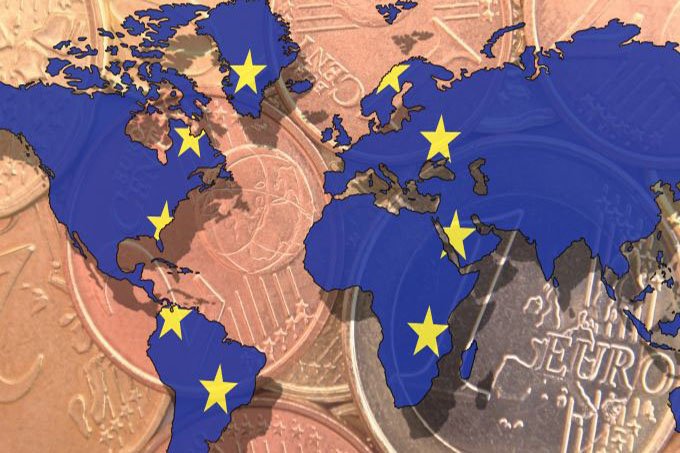
Recently, Eurostat reported that Eurozone retail sales rose by 12% (year-on-year) in March, surpassing expectations of 9.6% and the previous month’s -1.5%. In monthly terms, retail sales rose by 2.7%, above expectations of 1.5% and the previous month's 4.2%.
According to analysts at ING, the recession is practically over now that the majority of the Eurozone economies are reopening and consumer spending is expected to grow significantly. Vaccinations are also rising, led by Germany, Spain and Austria.
"With the vaccination campaign now finally gaining some momentum, the recovery should start to show up in the real data for the second quarter," commented an analyst at ING.
Some inflation is also expected, mainly linked to a rise in demand for goods and supply disruptions. Factory inflation rose by 1.1% in March (month-on-month) and by 4.3 percent in yearly terms, against forecasts of 1.1% and 4.2%, respectively. In April, consumer inflation hit a two-year high at 1.6%, closer to the European Central Bank's inflation target.
The bank has predicted a surge in inflation, claiming that it would even exceed the 2% target by the end of the year. However, it also affirmed that this spike in inflation would probably be temporary.
At its last meeting, the ECB monetary policy committee decided to leave their monetary policy unchanged, a move that was expected by analysts. Currently, the ECB has an ultra-loose monetary policy stance, and it's not still clear when it will return to normal, though according to ECB Board Member Luis de Guindos, monetary policy normalization goes hand-in-hand with the normalization of the economy; once the pandemic is over and the economy returns to normal, so will monetary policy.
The European Central Bank recently announced that is making extra efforts to combat shadow banking, and that it will monitor closely loans provided by banks to investment funds and specialized lenders. This announcement came after the collapse of both Archegos Capital Management and Greensill, causing billions of dollars in losses.
By 13:01 GMT, the euro rose by 0.43% against the US dollar to the 1.2056 level.

